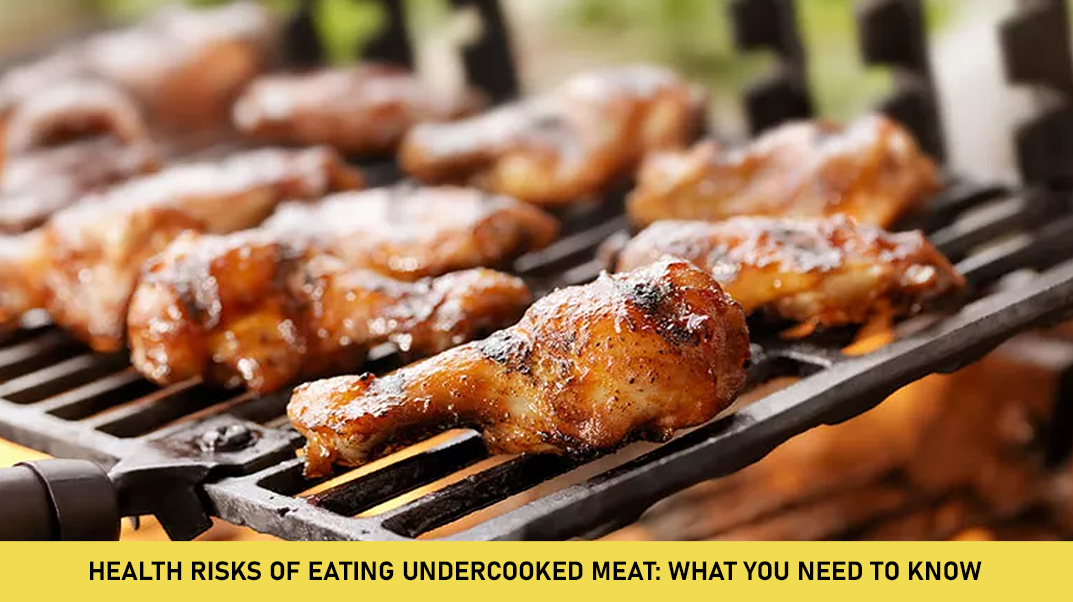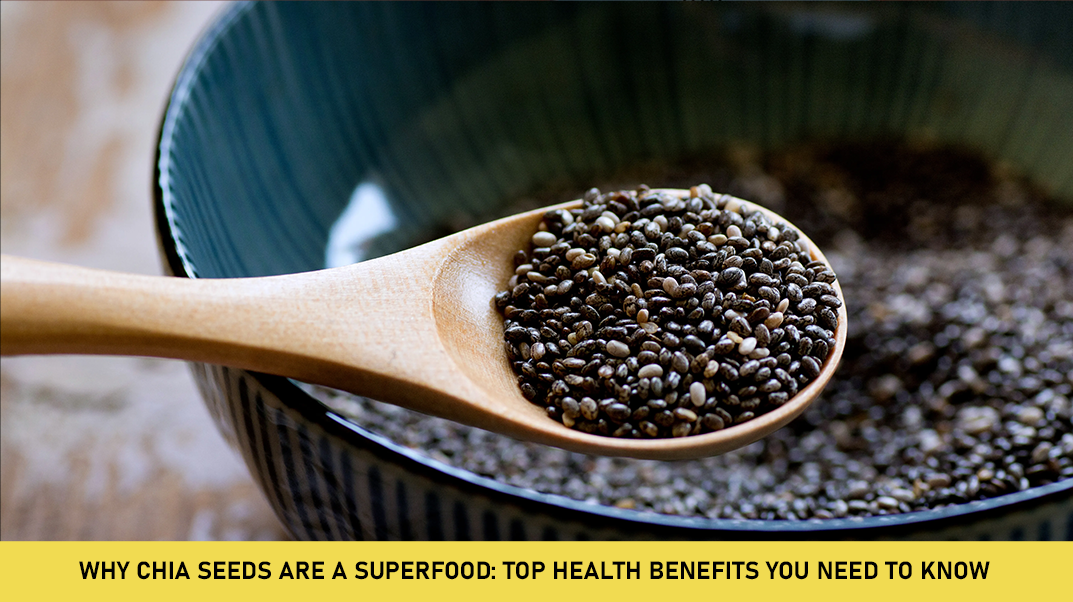Eating undercooked meat poses serious health risks that can impact your overall well-being. While many enjoy their meat cooked rare or medium, it’s crucial to understand the potential dangers involved. The consumption of undercooked meat can expose you to harmful bacteria, parasites, and other pathogens that may lead to severe health issues, ranging from mild food poisoning to life-threatening infections.
Bacteria in Undercooked Meat
One of the primary concerns with eating undercooked meat is bacterial contamination. Meat can harbor various bacteria, including Salmonella, E. coli, and Campylobacter, which are common culprits in foodborne illnesses.
- Salmonella: Often associated with poultry, undercooked chicken can be a significant source of salmonella infection. Symptoms include diarrhea, fever, abdominal cramps, and vomiting. In severe cases, the infection can lead to dehydration, hospitalization, and even death, particularly in vulnerable populations such as children, the elderly, and those with weakened immune systems.
- E. coli: Typically found in ground beef, Escherichia coli can cause severe abdominal pain, bloody diarrhea, and vomiting. Some strains of E. coli produce a toxin known as Shiga toxin, which can lead to hemolytic uremic syndrome (HUS), a serious condition that can cause kidney failure and death if left untreated.
- Campylobacter: This bacterium is commonly found in raw poultry and can cause gastrointestinal issues such as diarrhea, cramps, fever, and vomiting. In rare cases, Campylobacter infections can result in long-term complications like Guillain-Barré syndrome, a disorder that can lead to muscle weakness and paralysis.
Parasites in Undercooked Meat
In addition to bacterial risks, undercooked meat can also carry parasites that pose significant health risks.
- Trichinella: Found in undercooked pork and wild game, the Trichinella parasite causes trichinosis, a disease characterized by diarrhea, vomiting, fatigue, and fever. In more severe cases, the parasite can migrate to muscles and other tissues, causing muscle pain, swelling, and inflammation, and in rare cases, it can be fatal.
- Toxoplasma gondii: This parasite is often found in undercooked lamb, pork, and venison. Infection with Toxoplasma can cause toxoplasmosis, which is generally mild for most people, with flu-like symptoms such as body aches and fever. However, for pregnant women, toxoplasmosis can cause serious birth defects or miscarriage. Additionally, individuals with compromised immune systems may experience severe complications.
- Tapeworms: Consuming undercooked beef or pork infected with tapeworms can lead to a tapeworm infection. While some people may not experience symptoms, others may suffer from abdominal pain, nausea, diarrhea, and unexplained weight loss. In rare cases, the infection can cause serious complications if the tapeworms migrate to other parts of the body, including the brain.
Safe Cooking Practices
The best way to avoid these health risks is to ensure your meat is cooked thoroughly. Using a food thermometer is the most reliable method to determine if your meat has reached a safe internal temperature. The USDA recommends the following safe minimum internal temperatures for different types of meat:
- Beef, pork, lamb, and veal (steaks, roasts, and chops): 145°F (63°C), with a three-minute rest time
- Ground meat (beef, pork, lamb, and veal): 160°F (71°C)
- Poultry: 165°F (74°C)
Also, avoid cross-contamination by keeping raw meat separate from other foods, washing your hands and utensils after handling raw meat, and ensuring your cooking environment is clean.
Conclusion
While some may enjoy the taste and texture of undercooked meat, the health risks far outweigh the benefits. Bacterial infections, parasitic diseases, and other foodborne illnesses can have severe consequences, especially for those with weakened immune systems, pregnant women, and young children. By practicing safe cooking techniques and ensuring your meat is thoroughly cooked, you can significantly reduce the risks of foodborne illness and enjoy your meals with peace of mind.





